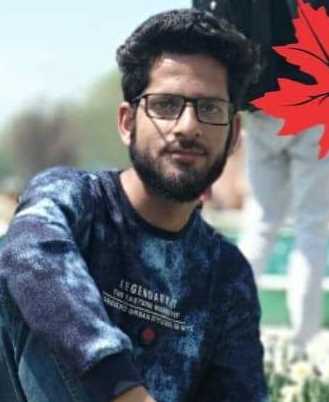
The caste system has typically significant influence over people's access to power. The upper caste groups get benefited more by gaining substantially more economic and political power, while the lower caste groups have limited access to those powers. The development that take place ahead of election such as forging of political alliances, elevation of candidates based on their religion and caste background, and declaration of election manifesto intended to benefit certain sections of society point to the overwhelming influence of caste in the contemporary Indian politics. Inequitable model of economic growth, emergency of regional pockets of development amid widespread backwardness and the failure reservation model to bring upward social mobility of hitherto disadvantage sections have full further strengthened the class hierarchy which has from ages been linked to caste. Thus amid inequality of opportunity in socio-economic sphere. Caste consciousness continue to dominate the socio-cultural milieu.
The true essence of parliamentary democracy lines on edifice of equality of representation in legislature and executive resulting in inclusive growth. While Indian constitution provides for reservation to scheduled Castes and scheduled tribes in parliament, it has failed to address the issue of backward class reservation which has been left to the discretion of the executive and also the political class
This lacuna has been exploited by the political classes who have managed to remain in power by playing the vote bank Politics card. On attaining the power they have delivered on their electoral promises in piece meal ways which has left the backward class lingering in the current positions and only expecting further betterment in future.
While reservation the potential to change the caste equation by empowering the current backward sections, in reality only certain sections have garnered their benefits for generation. This the recommendation of National Commission for backward classes for bifurcation and trifurcation of backward castes needs serious re-thought.it may not be constitutionally legal to impose blanket ban on caste system, aware ness generation by election commission can be a way ahead along with targeted implementation of welfare schemes which in the long run would alleviate the legging classes out of the poverty.Thus making the caste politicization system irrelevant article 18 of the Indian constitution prohibiting the state from granting any special status. Right to Equality’ should not only remain on papers. This right should be properly exercised and implemented...
Email:----mirfaizan1997@gmail.com
The caste system has typically significant influence over people's access to power. The upper caste groups get benefited more by gaining substantially more economic and political power, while the lower caste groups have limited access to those powers. The development that take place ahead of election such as forging of political alliances, elevation of candidates based on their religion and caste background, and declaration of election manifesto intended to benefit certain sections of society point to the overwhelming influence of caste in the contemporary Indian politics. Inequitable model of economic growth, emergency of regional pockets of development amid widespread backwardness and the failure reservation model to bring upward social mobility of hitherto disadvantage sections have full further strengthened the class hierarchy which has from ages been linked to caste. Thus amid inequality of opportunity in socio-economic sphere. Caste consciousness continue to dominate the socio-cultural milieu.
The true essence of parliamentary democracy lines on edifice of equality of representation in legislature and executive resulting in inclusive growth. While Indian constitution provides for reservation to scheduled Castes and scheduled tribes in parliament, it has failed to address the issue of backward class reservation which has been left to the discretion of the executive and also the political class
This lacuna has been exploited by the political classes who have managed to remain in power by playing the vote bank Politics card. On attaining the power they have delivered on their electoral promises in piece meal ways which has left the backward class lingering in the current positions and only expecting further betterment in future.
While reservation the potential to change the caste equation by empowering the current backward sections, in reality only certain sections have garnered their benefits for generation. This the recommendation of National Commission for backward classes for bifurcation and trifurcation of backward castes needs serious re-thought.it may not be constitutionally legal to impose blanket ban on caste system, aware ness generation by election commission can be a way ahead along with targeted implementation of welfare schemes which in the long run would alleviate the legging classes out of the poverty.Thus making the caste politicization system irrelevant article 18 of the Indian constitution prohibiting the state from granting any special status. Right to Equality’ should not only remain on papers. This right should be properly exercised and implemented...
Email:----mirfaizan1997@gmail.com
© Copyright 2023 brighterkashmir.com All Rights Reserved. Quantum Technologies